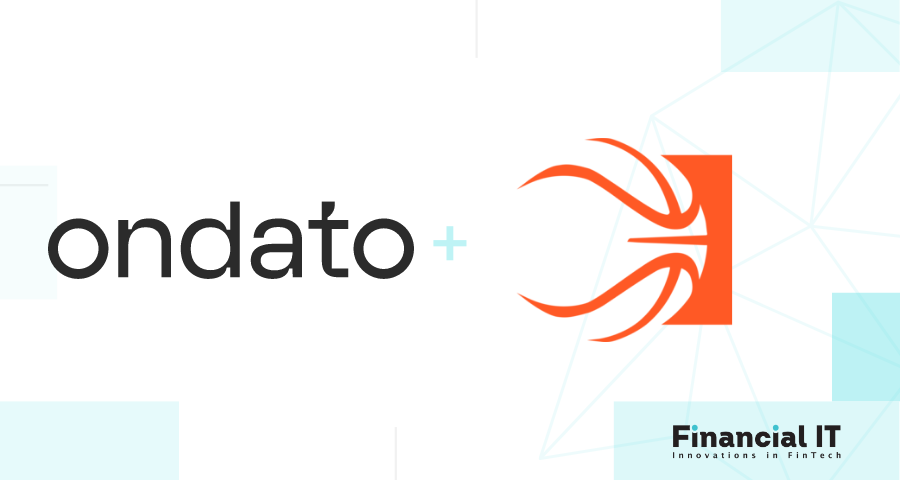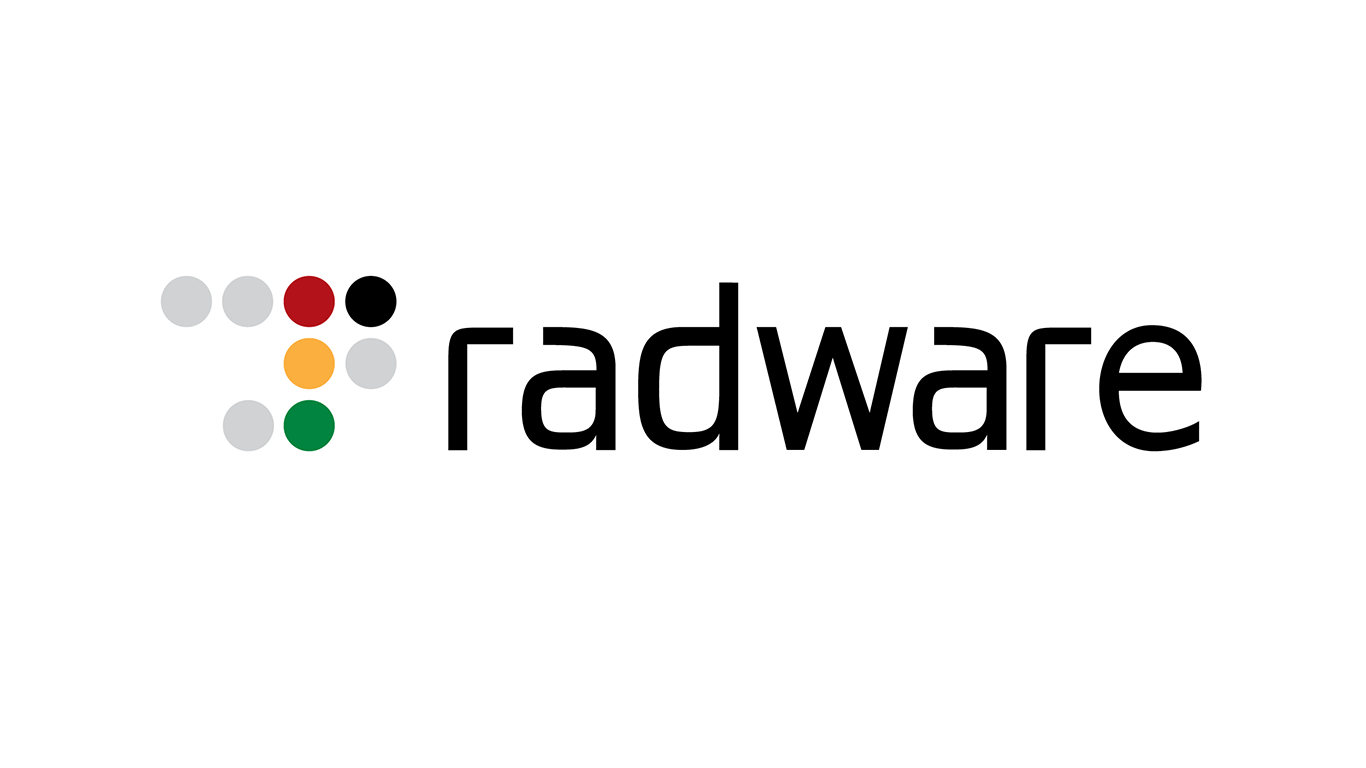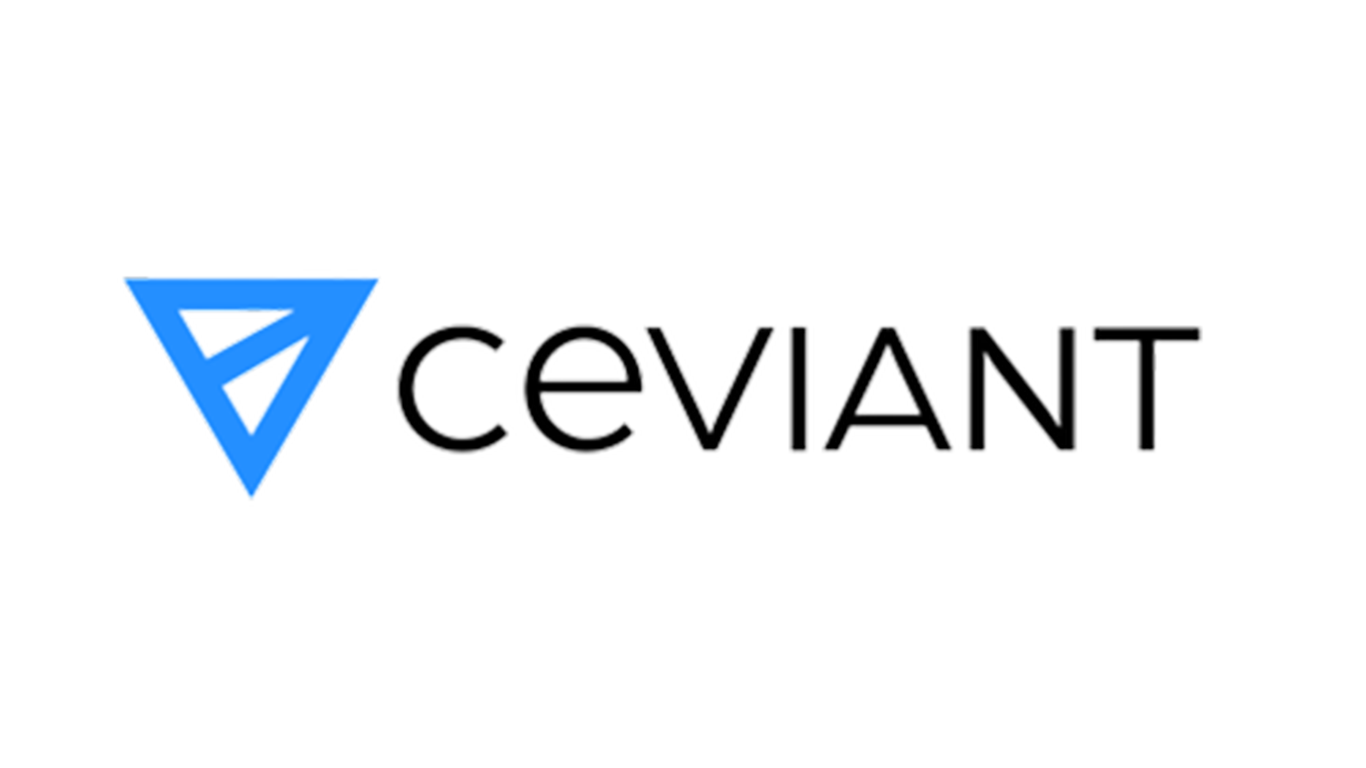Published
- 01:00 am

Fintechs are enjoying mass adoption, and one of them, Robinhood, seems to be a fan favourite. That has come out in a StockApps analysis of the most popular fintech firms in 2021. The site concludes that Robinhood was the most sought platform after recording 28 million searches.
Commenting on the findings, StockApps’ Edith Reads said, "Robinhood is dominating fintech searches because it is appealing to users with its commission-free services." In addition, Edith credited the app-based brokerage platform as being "Convenient, more appealing and easy to use."
Hong Kong and Singapore lead in fintech and fintech-related Google searches
StockApps' analysis showed Hong Kong is leading in fintech-related Google search queries. Singapore took the second position for similar keywords. Yet Singapore was the leading financial tech hub in Southeast Asia per a 2020 report by Oliver Wyman and the Singapore Fintech Association.
The country is home to 40% of the region's fintech companies. Besides, it has more than one hundred incubators, 40 innovation labs, and 150 venture capitalist investors. These factors make it an attractive destination for startups seeking opportunities in the fintech space.
Regulation framework on Fintechs
The regulatory framework for Fintechs has changed in tandem with the industry's rapid expansion in recent years. Clearer rules of engagement have led to a rise in institutional adoption and consolidation of the industry. It has defined regulations governing crypto-asset trading and outlined the relevant procedures in case of breaches. These include initiating court action where necessary.
Related News
- 09:00 am

Ondato, a leading Know Your Customer (KYC) and Anti-Money Laundering (AML) platform, has announced it will be providing remote identification services as part of a new partnership with Basketballverse, a Play-to-Earn (P2E) Web3 multiplayer basketball metaverse due to launch later in 2022.
The partnership extends Ondato’s reach into the metaverse and the P2E gaming market. It provides Basketballverse with KYB (Know Your Business) investor ID verification and fully-compliant due diligence procedures to prevent money laundering.
Basketballverse is a play-to-earn basketball video game and metaverse based on a blockchain ledger, in which basketball fans develop unique NFT avatars, manage their clubs, grow their fanbase, and earn real income by attracting sponsorships and selling merchandise. The game’s developers envisage incorporating real-world basketball players as coaches and mentors, and real venues as arena sponsors.
Web3 gaming is already huge. Twenty-four blockchain-based gaming companies raised $476 million in investments in the first half of 2021 and the P2E gaming industry as a whole earned $20 billion in revenue just in 2020. With one billion online gamers active worldwide currently generating a global $175.8 billion, the prediction is for 1.3 billion gamers in 2025 generating $200 billion.
The blockchain-based P2E gaming model offers many economic opportunities and financial rewards to every player in the gaming ecosystem. With more control of in-game assets and more choices in how to play, gamers can fully embody and appreciate their favourite games while earning through cryptocurrency and NFTs.
Basketballverse is part of that Web3 P2E big picture. It enables a wide range of financial opportunities to earn money simply by playing the game. Players are given full control of their in-game assets and can potentially earn cryptocurrencies and NFTs (non-fungible tokens).
While most Basketballverse users are people simply having fun and managing their players or teams, and do not need verifying, investors who need identity authentication are also joining. With the risk of money laundering in this environment, Basketballverse has turned to Ondato for its KYC and AML expertise and market-leading solutions.
Ondato is providing Basketballverse with best-in-class remote identity verification solutions and KYC processes, in which investors take a selfie and capture both sides of a suitable ID document. AI captures the document data and cross-checks it with various registries of parties excluded by regulators. It also analyzes the face's biometrical data to ensure the selfie is the same person as in the ID document. KYB onboarding also checks whether the person has the right to represent the company in question.
The European Union is in the process of introducing new regulations on crypto-assets. The Markets in Crypto-Assets (MiCA) regulation, expected to come into effect in 2023, will require all cryptocurrency wallets to implement KYC procedures. It complements existing AML rules and aims to enhance financial stability and investor protection in Europe.
Simonas Januskis, CEO at Basketballverse, says: “Based on the fantastic response we are already getting from basketball fans, Basketballverse is set for a huge wave of signups when we launch later this year. Investors will also be attracted and we are ready for that with Ondato, the best remote ID verification solution available. Our partnership also means we are prepared for and compliant with the regulatory changes coming down the track, for example with the EU’s MiCA regulations due in 2023.”
The automated Ondato ID verification procedures provide Basketballverse with future-proofing against the MiCA regulations and ensure Baskeballverse’s investor base does not become a pool of no-names, even when heavily relying on technologies like blockchain and NFTs. Knowing more about investors allows Basketballverse to make better-informed decisions about whether to allow them in or not.
Ludas Kanapienis, CEO and co-founder of Ondato, comments: “The Web3 P2P gaming market is one of the most exciting sectors around right now and our partnership with Basketballverse gives Ondato an important footprint in this opportunity. Basketballverse had the option to build its own solution but realised that Ondato provides a more cost-effective, much faster route to best-in-class technology and procedures, as well as the reassurance of full compliance with current and future regulations.”
Related News
- 04:00 am

Episode Six, a leading global payment and banking infrastructure provider, today announced a new relationship with Galaxy FinX, Vietnam’s newest fintech builder that is re-shaping the future of money and banking in the country. The deal represents two firsts for Episode Six: a partnership in Vietnam as well as with a pure-play virtual-bank builder in the Southeast Asia region.
Galaxy FinX selected Episode Six to provide modern cloud-based card and payment processing, which includes consumer credit- and debit card services as well as connections to Vietnam’s domestic financial switch services. Just as Episode Six’s Tritium platform helps traditional banks innovate and offer digital solutions, it is also purpose-built to deliver key capabilities to virtual and digital banks. Tritium offers a multi-asset class digital wallet management system that can open gateways to card scheme processing and transfers across bank networks, including ATMs and Point of Sale (POS) devices.
“Episode Six is proud to be working with Galaxy FinX, which is our first partnership in Vietnam and our first with an entirely virtual-bank builder in Southeast Asia,” said John Mitchell, CEO and Co-Founder of Episode Six. “There is the tremendous growth potential for digital-only banking in Vietnam and across Southeast Asia, where millions of consumers and small businesses remain unbanked or underbanked. Our technology is ideally suited to helping pioneers like Galaxy FinX design and deliver products that meet the needs of digitally-native customers in Vietnam and beyond.”
As a virtual-bank builder, Galaxy FinX will offer financial-service products, such as savings, lending, payments and insurance, digitally to Vietnam’s growing consumer base. Episode Six will provide a market-tested backbone for Galaxy FinX’s card services, allowing the new company to process payments and configure products to adapt to changing market conditions. Partnering with Episode Six also gives Galaxy FinX the flexibility to grow its business and focus on customers and evolving market dynamics rather than on underlying tech developments.
“Episode Six has a proven track record of its payments technology globally and in Asia-Pacific. Vietnam is growing to become a digital economy and Episode Six’s modern cloud-based card and payment processing platform will enable us to develop better digital propositions to serve the needs of the local market and our customers,” said Marcin Miller, CEO of Galaxy FinX. “We look forward to exploring opportunities with Episode Six as we continue to expand our products and services in Vietnam and across other markets in Southeast Asia in the future.”
Within this decade, the ongoing and worldwide shift from physical to digital represents hundreds of billions of dollars of value in the banking industry alone. Asia’s emerging economies are at the cutting edge of these trends; Singapore as an advanced economy is already innovating in the space but look for even greater acceleration in neighbouring Malaysia, Thailand, and Indonesia as well as Vietnam. Digitalization is rapidly transforming the payments landscape for businesses and consumers. Research from IDC predicts that by 2030, 80% of global consumer payments will transact on mobile and connected devices and will not be processed by traditional institutions. Episode Six is a provider of the payment rails that make this transition possible.
Vietnam is especially ripe for change because cloud- and mobile-based banking is quickly becoming a standard in the country, where large sections of the population have lacked access to traditional checking or savings bank accounts historically. According to data from Merchant Machine, Vietnam is the world’s second-most unbanked nation. Together, Episode Six and Galaxy FinX will help change that dynamic.
Episode Six's Tritium platform provides a comprehensive set of more than 550 APIs that facilitate innovation and customization for its clients. Its natively global solution handles different languages, currencies and country-specific regulatory requirements, and is adaptable for cloud or on-premise hosting options for real-time transfer across multiple asset classes, including fiat currencies, cryptocurrencies and other value storages, such as loyalty and reward points.
Related News
- 05:00 am

Sumsub, a tech company that helps businesses stay compliant and fight digital fraud, has recently added GPS-based verification to its Proof of Address solution. This new feature is primarily aimed at the fintech market, where companies are often obliged to verify user residence. By opting for GPS-based technology, rather than combing through physical documents, companies can verify addresses as quickly and conveniently as possible, keeping pass rates sky-high.
Standard proof of address, or PoA, verification can be problematic. Traditionally, PoA is confirmed by submitting documents such as bank statements, utility bills, voter registration, mobile operator bills, and so on. Some of these documents have no security marking or photos, making them prime targets for forgery. Besides, many of these documents are non-standardized and may require additional checks, which leads to longer onboarding time and, consequently, lower pass rates.
Still, regulators in the crypto and trading sectors demand that businesses confirm user addresses. Failing to do so may result in huge regulatory fines or, worse yet, money laundering and other financial crimes going undetected.
So, how can companies keep user conversion high while staying fully compliant with regulations? Sumsub’s GPS-based PoA is the answer. With this new feature, businesses can create fast, simple, and secure address verification flows for global clients in accordance with all applicable regulatory requirements.
“First, the system asks the user for access to their geolocation to meet GDPR requirements. Then it detects the user's location using GPS, Wi-Fi positioning, and Cell tower trilateration to provide the most accurate result,” – explains Peter Sever, Co-founder and Chief Strategy Officer at Sumsub. – “In case the user doesn't want to share their location, or if their device doesn't support GPS, it’s possible to continue on another device, or go through a traditional PoA verification process by uploading documents. Using geolocation for PoA verification dramatically increases conversion rates since this step can be passed in just a few clicks. It also speeds up the verification process as the solution automatically determines if the address falls within the excluded countries list.”
Importantly, IP-based geolocation may not be enough for compliance purposes. That's why Sumsub prefers the device-based approach, which uses GPS geolocation data instead.
All in all, GPS-based address verification lets Sumsub customers perform PoA checks instantly while keeping the option for document-based verification open. This creates an optimal user verification experience while keeping pass rates high.
Related News
- 08:00 am

The much-awaited iFX EXPO International 2022, held at the Palais des Sports, Spyros Kyprianou Athletic Center in Limassol, Cyprus drew to a close on June 9, 2022. iFX EXPO International lived up to its reputation of bringing the fintech world together for professional engagement and driving the sector into the future. Here are our top highlights from the show.
Sponsors and Exhibitors
A huge contribution to the success of the iFX EXPO International can be attributed to the Sponsors and Exhibitors, who returned in full strength. The Official Global Partner of the event was ATFX, a leading broker headquartered in Hong Kong, and Fxview, part of the Finvasia conglomerate, as the Elite Sponsor. The Diamond Sponsors included B2BBroker and ZuluTrade. In addition, more than 40 industry brands sponsored various other elements of the event.
More than 135 exhibitors joined to showcase their innovations. Bankera, Paysafe, MetaQuotes, NAGA, ThinkMarkets, Exclusive Capital, Vantage, Your Bourse and Devexperts were among them. The expo venue was busy with meaningful conversations, business collaborations and attention-grabbing displays, with company representatives in attendance to take visitors through the unique features of their offerings.
An Impactful Line-Up of Speakers
With more than 80 speakers from the finance sector, the expo was full of invaluable insights, awe-inspiring innovations, and a sneak peek into a potentially bright future. The Speaker Hall sessions started with the Opening Keynote by Cyprus Securities & Exchange Commission (CySEC) Chairman – Dr. George Theocharides. This gave attendees the opportunity to hear first-hand from one of the leading regulators with a focus on the latest developments and updates, as well as important topics for the near future.
Leading speakers included Anna Loizou - Chief People Officer and Assurance Partner at PwC Cyprus, Joe Li - Chairman and Group CEO at ATFX, Andrew Ralich - CEO and Co-Founder at oneZero, Christoforos Theodoulou - Head of Global Business and Sales at MetaQuotes, Daniela Egli - Cyprus CEO and Group COO at Skilling and Benjamin Bilski - Founder & CEO at NAGA Markets.
The sessions explored a wide range of related topics including the most important technological trends of the year so far, and how the online trading and fintech industries can take advantage of opportunities in the metaverse and liquidity in post-pandemic markets. If you missed any of the sessions or would like to view all the content available, you can do so by visiting the official iFX EXPO channel where all videos will be uploaded in the coming weeks.
The Legendary Parties Returned in Full Force
A thrilling part of iFX EXPO has always been its high-energy parties and entertainment providing great platforms for networking. Sponsored by AloGateway, the Welcome Party venue was the beautiful Columbia Beach set alongside Limassol’s seafront. It gave attendees the chance to meet and greet, while also setting up important meetings for the coming days.
The first day of the expo ended with another night of partying at Theama Venue, sponsored by AAAFx. After a busy day listening to some very insightful discussions and networking with representatives from some of the biggest brands in the industry, the party was the perfect way to unwind in an informal setting.
The event concluded with the Ultimate Fintech Awards 2022 ceremony.
The Ultimate Fintech Awards 2022
The Ultimate Fintech Awards set the benchmark for the financial industry, recognising top performers in the B2B and B2C fintech space. There were multiple categories of awards, from the Most Trusted Broker, Best Affiliate Programme, the Best Payment Service Provider, the Best Technology Provider to the Best Liquidity Provider, and much more. There certainly was a lot to celebrate with the awards announced live on stage to an eagerly awaiting audience.
Congratulations to the winners, including FXCM who was awarded Broker of the Year, ATFX – Best Global Broker, AAAFx – Most Transparent Broker, Global GT – Best CFDs Broker, Vantage – Best Mobile Trading App, and HokoCloud – Best Copy Trading Platform and more.
An Ultimate Fintech Award is an award of distinction, with the winners being truly recognized for their continued innovation, focus on growth and contribution to the industry. The entire list of winners was announced by Ultimate Fintech, and you can see the complete list here.
Coming up next!
The next event is iFX EXPO Asia, to be held in Bangkok during 13-15 September 2022 at Centara Grand & Bangkok Convention Centre at CentralWorld. If the Cyprus experience is anything to go by, the event in Bangkok will bring excellent opportunities for networking and building business partnerships, increasing brand awareness, showcasing brand value and differentiators, and gaining insights into where the fintech industry is headed.
Bookings are filling up very quickly so contact iFX EXPO now to book your booth and sponsorship and stay tuned for more news and updates by visiting the official event website.
Related News
- 03:00 am

Gold-i has integrated its Crypto Switch™ 2.0 with Binance, one of the world’s leading cryptocurrency exchanges.
The integration enables Gold-i’s institutional clients to trade Binance’s wide spread of digital assets and products with highly competitive pricing. Gold-i’s clients will be able to capitalize on Binance’s market-leading liquidity for investment and hedging opportunities.
This latest development from Gold-i reflects the continued growth of its Crypto Switch, which now offers broker and hedge fund clients a choice of 18 crypto specialist liquidity providers.
Tom Higgins, CEO, Gold-i comments, “We added Binance due to significant client demand, including from high-growth regions such as Asia. Binance is a fantastic exchange for us to have integrated with. It is the biggest exchange globally and this creates great opportunities for our clients. We have now completed our integration and are certain that this will drive even more demand from our institutional clients wishing to trade digital assets.”
Related News
- 03:00 am

Global Processing Services (GPS), a leading global payment technology platform, has today announced the appointment of Cameron Cox as Chief Transformation Officer (CTO). In this newly created role, Cameron will shape GPS’ strategic integrated payments business initiatives to capture new international growth opportunities. Based in London, Cameron sits on GPS’ global executive committee.
Cameron has spent over three decades helping financial services businesses scale and innovate with a unique blend of cross-functional and technical expertise, in addition to corporate leadership to support technology-driven strategic transformation initiatives across multiple sectors including Payments, Banking, Technology & Consulting. Prior to joining GPS, Cameron was Head of Technology Transformation & Global Chief of Staff at Worldpay.
Joanne Dewar, Chief Executive Officer, GPS, said: “We are delighted to welcome Cameron to our senior leadership team. With extensive industry experience, a proven track record in leading high-performing global teams, and a strong background in transformation, Cameron is ideally placed to spearhead our global strategic transformation initiatives that will take us through the next phase of accelerated growth as a company.”
“I’m excited and energised to take on the newly created role of Chief Transformation Officer at GPS,” said Cameron Cox, Chief Transformation Officer, GPS. “GPS is the trusted issuer processing technology partner for global banks, fintech unicorns, and fast-growing start-ups in almost 50 countries. Which is astonishing and incredible for such a young company.”
“We live in a highly agile, fast-paced world today that is transitioning quickly to digital across everything we do. GPS understands the entrepreneurial and transformative mindset of its customers who are responding quickly to rapidly changing consumer expectations. I look forward to bringing my experience from leading transformative businesses to GPS as we accelerate our investment in new future-focused technology and introduce GPS to more customers worldwide.”
In January 2022, GPS announced a significant capital injection of over US$400 million, providing GPS with a bench of experienced global growth investors including Advent International – through Advent Tech and affiliate Sunley House Capital – Viking Global Investors; Temasek the global investment company headquartered in Singapore; and MissionOG, a US-based growth equity firm. In March 2022, GPS announced Mastercard had also made a strategic investment into the company.
GPS is investing strongly in its award-winning API-first payment technology platform, upgrading its infrastructure and diversifying its capabilities, with an eye on new and fast-growing verticals where adoption continues to rise, including digital banks, crypto, BNPL, open banking and cross-border payments, and is expanding its international footprint worldwide.
Related News

Alan Campbell
Senior Director & General Manager, UK&I at Nutanix
Enterprises everywhere have been striving to migrate essential workloads over to the cloud in order to reap a number of dividends. see more
- 09:00 am

Radware, a leading provider of cyber security and application delivery solutions, today released its 2022 State of API Security report. The survey, which was conducted with Enterprise Management Associates, revealed a false sense of security among organizations when it comes to API protection. The survey includes responses from chief information officers, chief technology officers, vice presidents of IT, and IT directors from global organizations across North America, EMEA, and APAC.
According to the survey, API usage is on the rise. Ninety-two per cent (92%) of the organizations surveyed have significantly or somewhat increased their API usage with 59% already running most of their applications in the cloud. Additionally, almost 97% of organizations use APIs for communications between workloads and systems, highlighting the growing reliance on APIs in day-to-day business operations.
The real and underestimated threat of undocumented APIs
While 92% of those surveyed believe they have adequate protection for their APIs and 70% believe they have visibility into applications that are processing sensitive data, 62% admit a third or more of APIs are undocumented. Undocumented APIs leave organizations vulnerable to cyber threats, such as database exposures, data breaches, and scraping attacks.
“For many companies, there is unequivocally a false sense of security that they are adequately protected from cyberattacks. In reality, they have significant gaps in the protection around unknown and undocumented APIs,” said Gabi Malka, Radware’s chief operations officer and head of research and development. “API security is not a ‘trend’ that is going away. APIs are a fundamental component to most of the current technologies and securing them must be a priority for every organization.”
Bot attacks remain a threat along with misperceptions about API protection
Nearly one-third of companies (32%) surveyed stated automated bot attacks are one of the most common threats to APIs. In terms of detecting an API attack, 29% say they rely on alerts from an API gateway and 21% rely on web application firewalls (WAF).
Malka continued, “The survey data indicates that API protection is not keeping up with API usage. Many organizations are basing their API security strategies on false assumptions — for example that API gateways and traditional WAFs offer sufficient protection. This leaves APIs vulnerable and exposed to common threats, like bot attacks. A comprehensive API protection solution, that includes bot protection, will address these threats. But very few respondents indicated that they had solutions that actually did or even had the capability to provide effective security. Enterprise protection is only as strong as its weakest link.”
API attacks are flying under the radar
Half of the companies surveyed viewed their existing tools as only somewhat or minimally effective at protecting their APIs, with 7% reporting that the solutions they have in place did not identify any attacks at all. The inability of the existing tools to adequately protect APIs from common threats further adds to the false security narrative.
Open source contributes to the security myth
Sixty-five per cent (65%) of respondents believe that open-source code is more secure than proprietary code and nearly 74% believe that container-based deployments and microservice architectures are more secure than monolithic architectures and deployments by default.
According to Malka, “The belief that open source is more secure by design could explain why some organizations are lax when it comes to patch management. Yet, as we have seen with Log4j and Heartbleed, open source can have the same security flaws as proprietary code. Believing that open source is inherently more secure by default only further contributes to the false narrative that leaves organizations vulnerable to cyber-attacks.”
Related News
- 05:00 am

Ceviant, the UK-based fintech platform offering transformative cash management solutions for emerging market businesses, today announces it has launched in its first emerging market, Nigeria, as it goes live with its website: https://www.ceviant.co.uk/.
Ceviant is a financial technology company that delivers a broad range of treasury and trade solutions to a large and diversified client base, including corporates and multinationals, SMEs, importers, and exporters.
The company acts as a B2B SaaS (Software as a Service) platform that simplifies liquidity management for corporates. It has developed a proprietary cloud-based treasury management software that enables businesses to aggregate all their banking payments in one place.
Nigeria is Africa’s most populous country and largest economy, with a GDP of USD 441.5 billion in 2021 according to Statista. In the last few years, there has been a surge of investment in Nigerian fintech which has birthed multiple African fintech Unicorns. Beyond Nigeria, Ceviant plans to launch across the Continent and the UAE.
The newly designed website displays the company’s suite of products and services including treasury management, cash visibility, and digitising trade finance. The website will ensure information is easily accessible to key stakeholders. Furthermore, Ceviant is developing the most direct API connectivity to banks in emerging markets which will allow clients to connect with business services and capabilities outside of traditional banking channels.
The company is FCA regulated in the UK and has also received Approval In Principle licences in Nigeria. It has also been awarded ISO accreditation and recently been accepted to join the SWIFT partner programme to create real value for customers while streamlining its multi-banking transactions to improve efficiency. Ceviant has also secured four new banking partners in Nigeria and plans to further expand its partner network across Africa and the UAE. The company’s go-to-market strategy includes SMEs, large corporates, and intermediaries to these businesses, such as the leading accountancy firms.
Commenting on the announcement, the founder of Ceviant, Idris Alubankudi Saliu, said:
“Corporates of all sizes have many challenges, including being able to manage their cash and access working capital and trade finance solutions to support their operations. We’re a new but key player in the market, aiming to solve the complexity around the way African companies traditionally manage their banking solutions by providing our integrated services in one place. We simplify processes and facilitate financial inclusion, with compliance and security at the heart of everything we do. This is a large and generally untapped market for our products and services, and we are extremely excited for customers to interact with our newly functional website. We look forward to the future and creating value for our stakeholders.”









